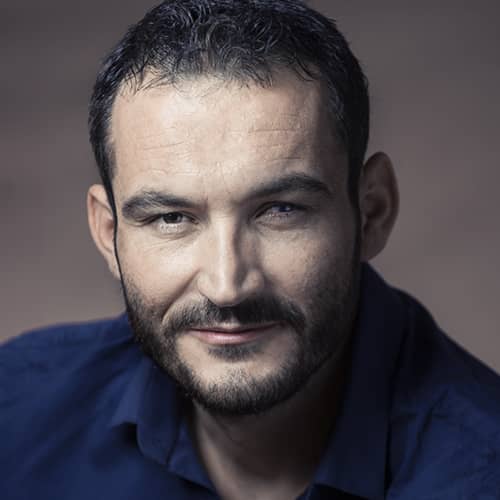
Kosovars in UK feeling ‘Brexit’ effect
Mixed reactions following shock referendum result.
|01.07.2016
|

Eraldin Fazliu
Eraldin Fazliu is a former journalist at Kosovo 2.0. Eraldin completed his Master’s on ‘European Politics’ at the Masaryk University in the Czech Republic in 2014. Through his studies Eraldin became interested in the EU’s external policies, particularly in promotion of the rule of law externally. He is a passionate reader of politics and modern history.
This story was originally written in English.